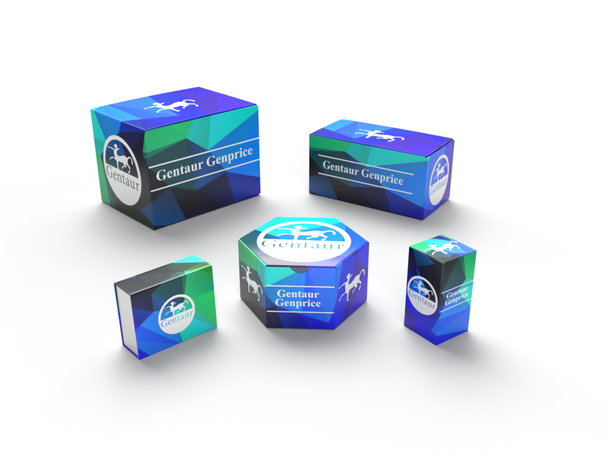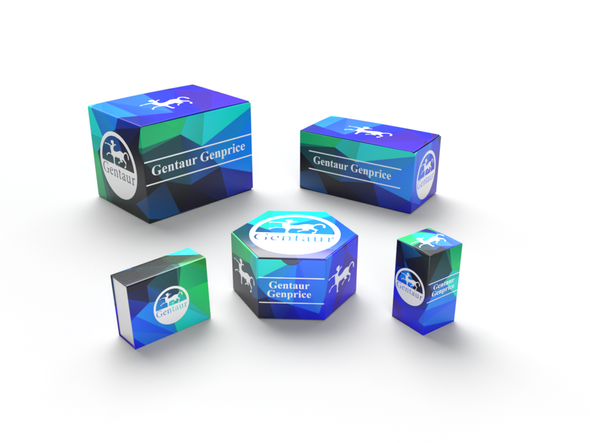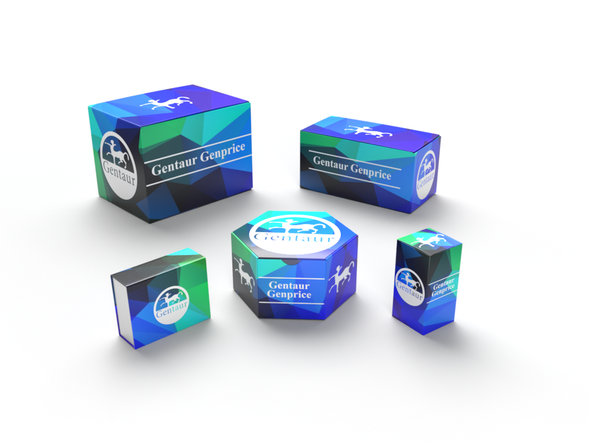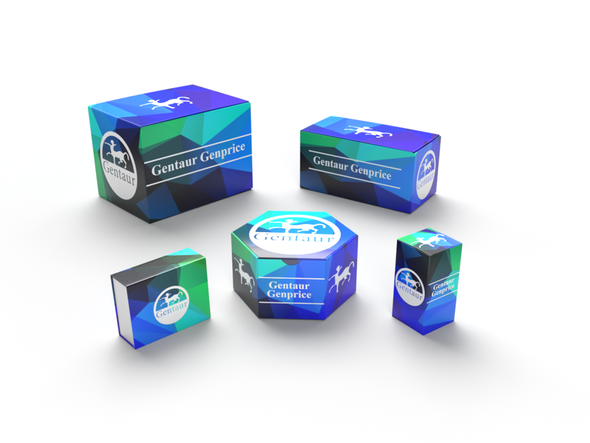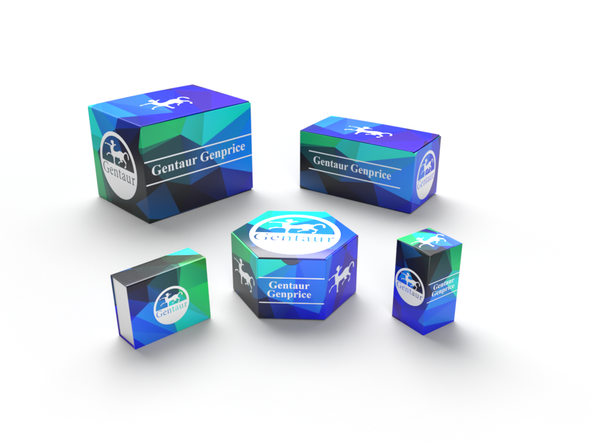Description
Rabbit Anti-Human ccbe1 Antibody | 102-PA36S/102-PA36 | Gentaur UK, US & Europe Distribution
Species: Anti-Human
Host / biotech: Rabbit
Comment: N/A
Label: N/A
Clone / Antibody feature: Rabbit IgG
Subcategory: Polyclonal Antibody
Category: Antibody
Synonyms: collagen and calcium binding EGF domains 1; KIAA1983
Isotype: N/A
Application: WB, IF
Detection Range: Western Blot: Use 2-5 µg/ml
Species Reactivity/Cross reactivity: Human
Antigen: Highly pure (>98%) recombinant human ccbe1 (Cys159-Leu251) derived from E. coli.
Description: The lymphatic system comprises a vascular system separate from the cardiovascular system, essential for immune responses, fluid homeostasis and fat absorption. Lymphatic vessels develop in a complex process termed lymphangiogenesis that involves budding, migration and proliferation of lymphatic endothelial progenitor cells. A few genes, such as FLT4, FOXC2 and SOX18, are known to be critically involved in lymph vessel formation in humans. Lymphedema, lymphangiectasias, mental retardation and unusual facial characteristics define the autosomal recessive Hennekam syndrome. Homozygosity mapping identified a critical chromosomal region containing ccbe1, encoding Collagen and Calcium-Binding EGF-domain-1, a secreted protein which is required for embryonic lymphangiogenesis in zebrafish. ccbe1 is not expressed in endothelial cells of lymph vessels, and it may be a component of the extracellular matrix. In zebrafish, ccbe1 expression was observed along the earliest migration routes of endothelial cells that sprout from the posterior cardinal vein and migrate circuitously before developing into lymphatic vessels. ccbe1 might therefore be involved in guidance of these migrating cells.
Purity Confirmation: N/A
Endotoxin: N/A
Formulation: lyophilized
Storage Handling Stability: The lyophilized antibody is stable for at least 2 years at -20°C. After sterile reconstitution the antibody is stable at 2-8°C for up to 6 months. Frozen aliquots are stable for at least 6 months when stored at -20°C. Addition of a carrier protein or 50% glycerol is recommended for frozen aliquots.
Reconstituation: Centrifuge vial prior to opening. Reconstitute in sterile water to a concentration of 0.1-1.0 mg/ml.
Molecular Weight: N/A
Lenght (aa): N/A
Protein Sequence: N/A
NCBI Gene ID: 147372

